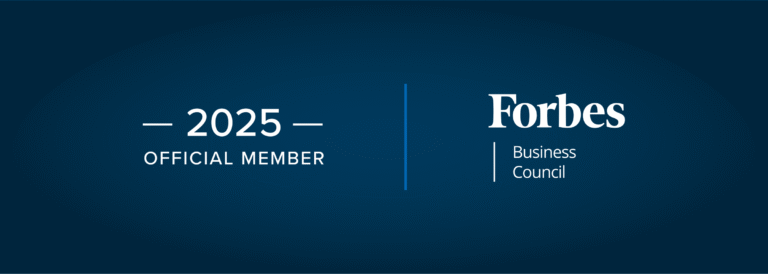Wiia helps consulting companies make the bidding process easier, using AI to remove pain points in tenders.
My background has for years been in advising international consultancy firms for their bids. Yet throughout my work with such bids, I could not believe how much time was wasted or poorly spent on tender processes.
An average of 200 hours were spent on each bid at a cost of about £20,000, with an average loss rate of 80% (8 times out of 10, a bid is a losing one)! I decided to found Wiia in 2021, to solve this problem.
What is your background – what expertise do you bring to Wiia?
My background is in international development and project finance. I have spent 15 years designing, financing and executing large tenders in construction, engineering, and infrastructure.
Having prepared hundreds of these projects and evaluated thousands of bids, I know what global agencies expects from bidders, and I know the challenges faced by consultancies. As a result, I am now well-positioned to elevate the value proposition of their bids and benefiting the final beneficiaries through better crafted projects.

How does Wiia work – how does it utilise AI, how does is analyse tender documents, how does it help win more contracts?
Wiia utilises AI applied to text, through Natural Language Processing. We scan text to extract the content that is useful for tenders. I like to say that Wiia is the “Tinder of Tenders”, matching text-based content from the calls for tender issued by global agencies, to the consultancies’ data used for the bids.
First, we analyse the tender opportunities and extract key requirements in a one-page summary. We go through thousands of tenders daily, reducing the process for each tender from 1 hour to around 3 minutes; second, we match consultancies’ data with what we extracted from the tender.
Over 150 hours on average are thus saved in the search process. Finally, we facilitate the bid creation process, by auto-populating bid templates with the selected data. So far, we have managed to reduce the overall process time by 34% – a number we aim to improve on.







